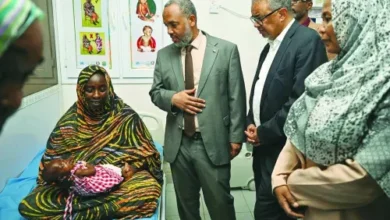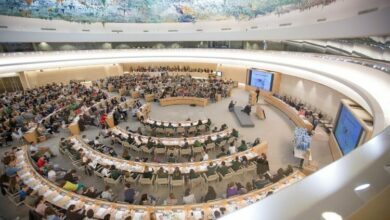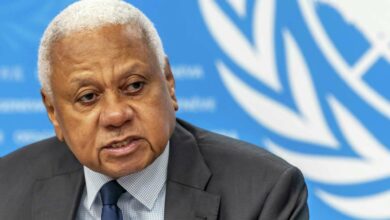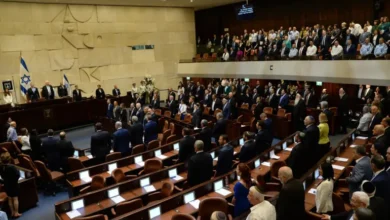Senate Foreign Relations Committee Holds Hearing On Conflict In Sudan
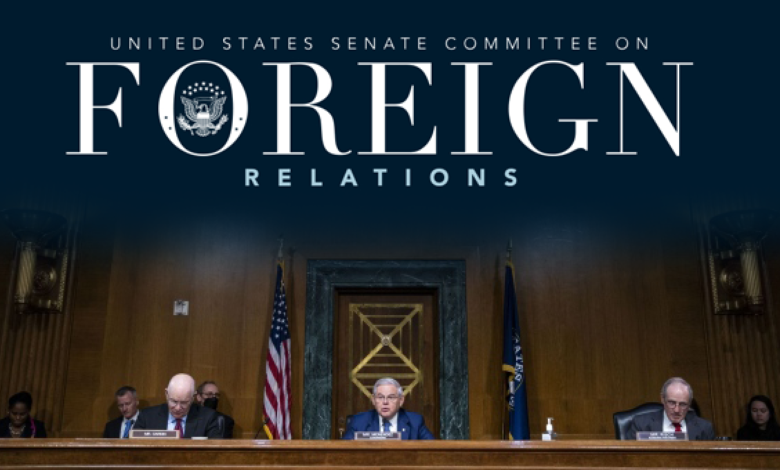
The United States is “cautiously optimistic” that there will be an agreement to allow humanitarian aid to get into Sudan, a top State Department official said Wednesday amid ongoing talks between the warring Sudanese military factions.
According to Undersecretary of State for Political Affairs Victoria Nuland, the US is nevertheless prepared to impose financial pressure on the parties “depending upon how the talks go,” and “there are” sanctions ready to be implemented. She made this statement during a Senate Foreign Relations Committee hearing on Wednesday.
Tens of thousands of people have fled their homes as a result of the fierce fighting between the Rapid Support Forces (RSF) and the Sudanese Armed Forces (SAF), which has brought the nation dangerously close to civil war and a catastrophic humanitarian catastrophe.
The fighting has continued despite several cease-fires between the combatants.
“Our goal for these talks has been very narrowly focused. First securing agreement on a declaration of humanitarian principles and then getting a ceasefire that is long enough to facilitate the steady delivery of badly needed services,” Nuland said.
Nuland told lawmakers she had spoken with the US negotiators, led by US Ambassador to Sudan John Godfrey and Assistant Secretary of State for African Affairs Molly Phee, and described them as “cautiously optimistic” that the initial stage of talks would be successful.
Last week, President Joe Biden signed a new executive order authorizing sanctions on those “responsible for threatening the peace, security, and stability of Sudan; undermining Sudan’s democratic transition; using violence against civilians; or committing serious human rights abuses.”
Even as the US and international partners push to stop the fighting, a top official from the US Agency for International Development warned at the same hearing on Wednesday that the US’ “ability to sustain a robust (humanitarian) response in Sudan is going to be very challenged.”
“Even before this crisis, last year, we knew that Sudan was one of the most vulnerable countries in the world to Russia’s war in Ukraine because of how dependent it was on wheat imports,” said Sarah Charles, Assistant to the Administrator of USAID’s Bureau for Humanitarian Assistance.
“And so we’d already tried to scale up our assistance in Sudan and it was already going to be hard to sustain that this year giving competing demands,” Charles said.


